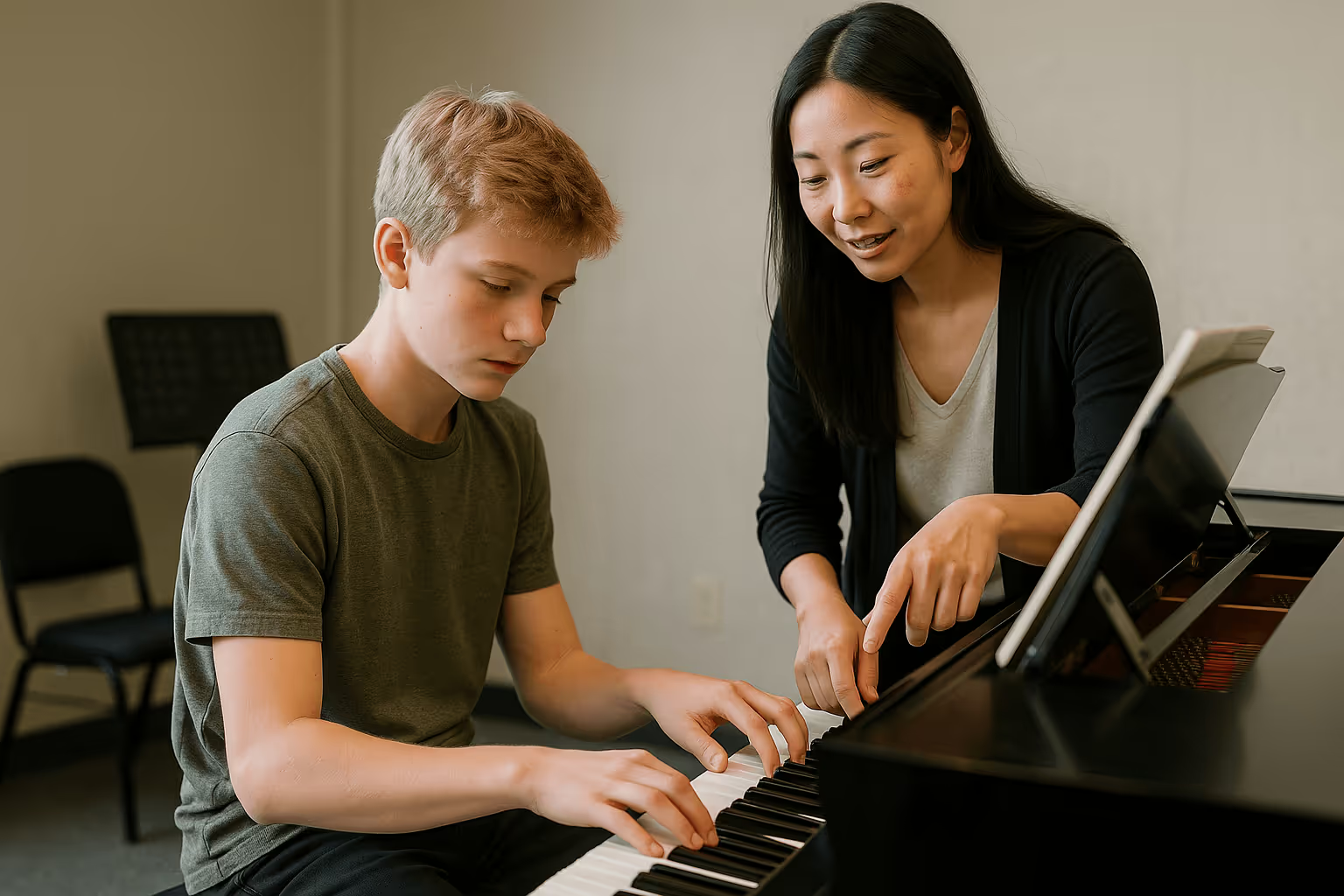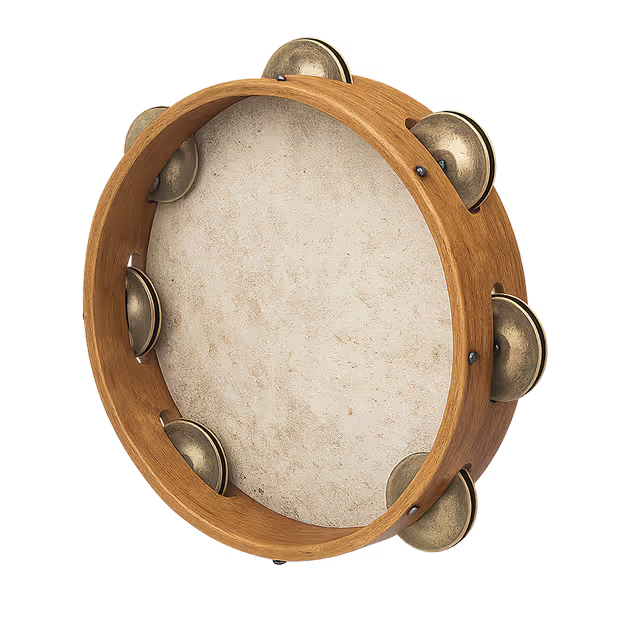Introduction
Learning an instrument is exciting at first — every new sound feels like a victory. But after the first few months, motivation can fade. The good news? It’s completely normal.
Staying motivated is about rhythm, not perfection — finding joy in the small steps that add up over time.
In this article, you’ll learn:
• How to push through the “plateau” stage in learning
• Simple strategies to make practice enjoyable again
• Ways to measure progress without pressure
Understanding the Plateau
Every musician reaches a point where improvement slows down.
It’s not failure — it’s part of the process.
When progress feels invisible, that’s when your foundation is solidifying. Recognizing this helps you stay patient and focused.
“Progress doesn’t always sound like music. Sometimes it’s just showing up, practicing, and trusting that growth is happening.”
— Eva Leigh, Guitar Instructor at Serenade
Make Practice Purposeful
Routine is the backbone of motivation.
Set clear, small goals for each session — one chord, one scale, one phrase.
When every practice has a purpose, every session feels like progress.
Find Inspiration Outside the Practice Room
Sometimes you need a spark, not a schedule.
Listen to live performances, explore new genres, or collaborate with other musicians.
Inspiration often returns when you remember why you fell in love with music in the first place.
Conclusion
Motivation in music doesn’t come from constant success — it grows from consistency, curiosity, and self-compassion.
If you stay patient and playful, progress will follow naturally.
Key takeaways:
• Motivation is built through small, daily wins
• Purposeful practice creates lasting progress
• Inspiration returns when you reconnect with your “why”





.svg)
